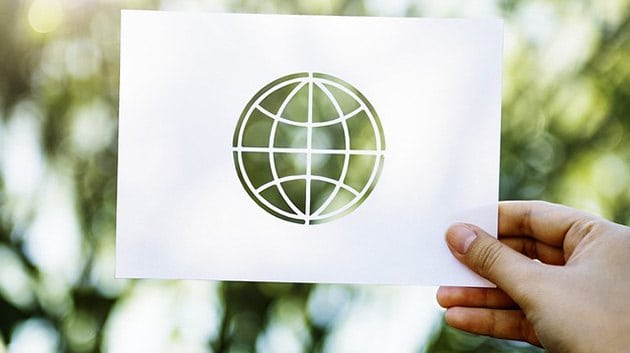July 30 marked the United Nations’ fourth annual World Day Against Trafficking in Persons, which began in 2013. It is a chance to raise awareness of the issue that is now the third largest criminal activity in the world.
In a continuing effort to address the severity and constant growth in scope of human trafficking, the United Nations Office on Drugs and Crime (UNODC) has recently focused on raising awareness and increasing prevention efforts in the international community. In addition to the World Day Against Trafficking, the UNODC created the Blue Heart Campaign, an awareness-raising initiative that encourages involvement in the fight against modern slavery. This year, World Day Against Trafficking comes at a particularly perilous time. There are currently 22.5 million refugees worldwide, who are at a disproportionately high risk of being trafficked.
There is a correlation between refugees and susceptibility to human trafficking, so the theme encouraged people to continue working to protect the vulnerable and to assist existing victims of trafficking.
Last month, the International Organization for Migration (IOM) presented a new report showing that Italy had almost a 600% increase in potential sex trafficking victims arriving from the Mediterranean over the past three years.
Libya’s U.N.-backed Prime Minister Fayez al-Sarraj requested Italy’s help to prevent trafficking in Libyan waters. As evidenced by Libya and Italy’s collaborative work, countries could combat trafficking by working with others in their regions, or with whom they already have strong diplomatic relationships. This type of collaboration is essential to combating trafficking. Only international efforts can truly address this international scourge. Collaborative efforts hold the potential for unprecedented progress against trafficking. Diplomatic relationships offer a space for countries to share best practices and develop plans to defeat trafficking that can be regularly improved and readily enforced.
Governments need to work cooperatively with the larger global community in order to stop modern slavery.







Freedom United is interested in hearing from our community and welcomes relevant, informed comments, advice, and insights that advance the conversation around our campaigns and advocacy. We value inclusivity and respect within our community. To be approved, your comments should be civil.
Why a UN resolution on the same day as Friendship day?